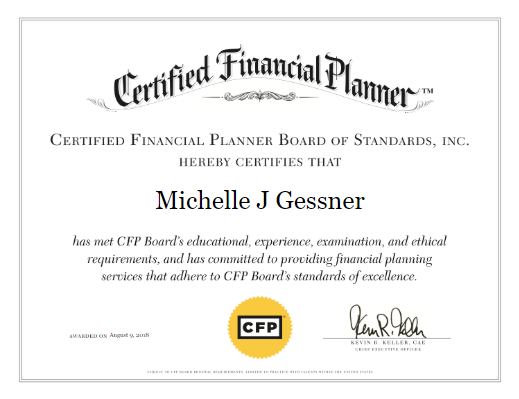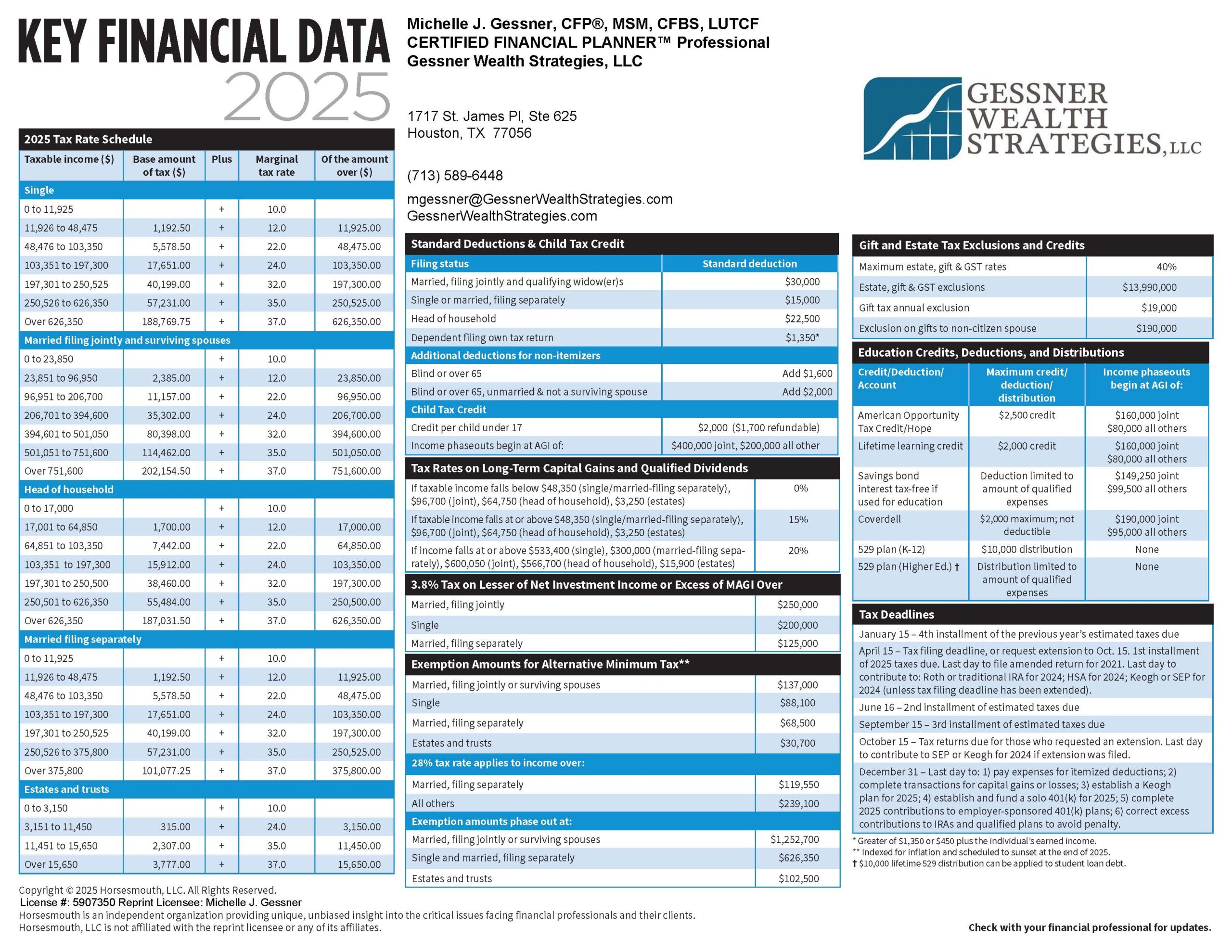In our last piece, we wrote about how recency bias can damage your investments by causing current crises to loom large, while rewriting your memories of past challenges. Recency tricks us into overpaying during heady times, and bailing at bargain rates, when our confidence fades.
One of the best ways to combat recency bias is by focusing instead on the basics that have served investors well for centuries, if not millennia. In this series, we’ll cover five of our favorites:
- You can’t invest if you haven’t saved.
- Markets are inspired by ingenuity, tempered by diversification.
- The price you pay matters.
- Patience is a virtue.
- Investing is personal.
Today, let’s talk about saving.
Saving Is a Super Power
Obviously, before you can invest, you have to save. But knowing this is true doesn’t always make it easy to do. Bottom line, saving is a sacrifice. When you set aside money for tomorrow, you don’t get to spend it today. There’s nothing fun about that.
Saving also isn’t as “exciting” as investing. When you invest, the stakes can be high: Some strike it rich, others suffer calamitous loss, and either makes for great headlines. (As we’ll cover in upcoming basics, there are strategies for aiming more comfortably between these extremes.) In contrast, your basic savings account is unremarkable. It’s unlikely to either grow wildly or vanish overnight.
No wonder most people are far more attuned to their investment efforts than their saving strategies. There’s never a lack of analysts covering the latest market news, or experts opining on what to do about it. Whether the coverage is good, bad, or ugly, there’s always plenty of it.
When was the last time someone reminded you how incredibly powerful it can be to simply keep adding new money to your accounts, no matter what the market is doing? Saving is important throughout your life, and an absolute super power when you or your loved ones are younger, with time on your side. In fact, when we’re in a bear market, as long as you have enough time before you need the money back (a decade or longer), it can be even more compelling to inject new money into your accounts. If you use fresh savings to add to your existing investments, you’re effectively buying in at discounted rates.
Give Your Savings a Nudge
It’s easy to cast our human biases as the bad guys when it comes to good investing. Letting recency bias skew your perspective is a prime example.
But our biases don’t have to hurt us. In “Nudge: The Final Edition,” Nobel Laureate Richard Thaler and Cass Sunstein describe scores of ways you can use your biases to nudge you toward making better decisions about your wealth, health, and well-being.
“A nudge … alters people’s behavior in a predictable way without forbidding any options or significantly changing their economic incentives. To count as a mere nudge, the intervention must be easy and cheap to avoid. Nudges are not taxes, fines, subsidies, bans, or mandates. Putting the fruit at eye level counts as a nudge. Banning junk food does not.”
Others can nudge you, as Thaler and Sunstein describe, or you can nudge yourself. For example, would you like to save more, but you’re having a hard time shaking loose the change? Consider using status quo bias as a force for good.
Embrace Your Inertia
It’s well studied that most of us tend to stick with the status quo whenever possible. Thaler and Sunstein have dubbed this our “yeah, whatever” bias.
Inertia can be expensive. For example, if you let a streaming service keep charging you long after you’ve stopped using it, that’s wealth-wasting inertia. But you can also use inertia to your advantage, by setting up saving habits and processes on auto-pilot, so they “just happen.”
The idea is, you’re far more likely to save more effectively once you no longer have to make a choice, or take action to shift funds from your spendable coffers to your savings stash. For example, when your company auto-enrolls you in its 401(k) retirement plan, for heaven’s sake, let them. Ditto if they have a formula for automatically increasing the percentage you contribute over time. You can also make a one-time choice to maximize the percentage you’re contributing. After that, inertia will kick in, making it less likely you’ll skip or skimp on saving for the future.
Self-Service Savings
You can set up similar, inertia-based saving habits by making a pledge to yourself that any “new” money coming your way will receive similar treatment.
For example, establish a rule that you’ll always set aside 10%, 20%, or whatever works for you, whenever you receive a raise, bonus, or equity compensation from work; a tax refund; a gift or inheritance; Social Security COLA increases; prize or lottery winnings; pocket change you’ve cashed in; proceeds from subscriptions you’ve canceled (despite your inertia); scratch from a yard sale; or any other one-time or ongoing income bumps.
You can establish a savings account specifically for this purpose, like a bank-based “change jar.” These days, there are even apps to ease the way. For example, in The Wall Street Journal’s, “35 Ways to Jump-Start Your Emergency Savings,” financial advisor Taylor Schulte suggests using a spare change savings app like Acorns to round up all your credit card charges to the nearest dollar and regularly drop the difference into a savings account. “It might only be 25 cents here and there,” Schulte says, “but it can quickly add up over time” (although he suggests making sure excessive app fees don’t defeat the purpose).
In his post, “A Simple Hack for Building Positive Habits,” financial strategist John Jennings describes using a commitment app like StickK to, well, stick to your habits—including saving. You make a promise to yourself, and if you break it (honor system), the app takes some money from you. The money can go to a charity of your choice. Or, in an intriguing twist, you can name a cause you abhor, an “anti-charity,” to which the money will go. As Jennings describes: “You choose an organization that you oppose and that would make you sick at your stomach to fund. I chose a PAC that supports a politician I despise.” Having to donate to your worst anti-charity might be a strong nudge to stick to your savings plan!
The Restorative Powers of Saving
So, have you been watching the markets bouncing up, down, and all around this year, wondering whether the pundits who are predicting doom and gloom are correct? Please remember, there’s not much you can do to prevent market uncertainty. Even if there were, the uncertainty is in part what drives future returns (which we’ll cover in a future segment).
But you can save. You should save. You should keep saving. If you haven’t been, we understand that change is hard. Thanks to our biases, going with the flow usually seems easier, even if we’re dissatisfied with where it’s taking us.
Turn your biases on their head, by putting them to work for rather than against you. By pairing your saving goals with inertia-based rules and processes, you’re far more likely to succeed.
Let us know if we can assist with that. Next up, we’ll take a look at our second investment basic: Markets are inspired by ingenuity, tempered by diversification.



